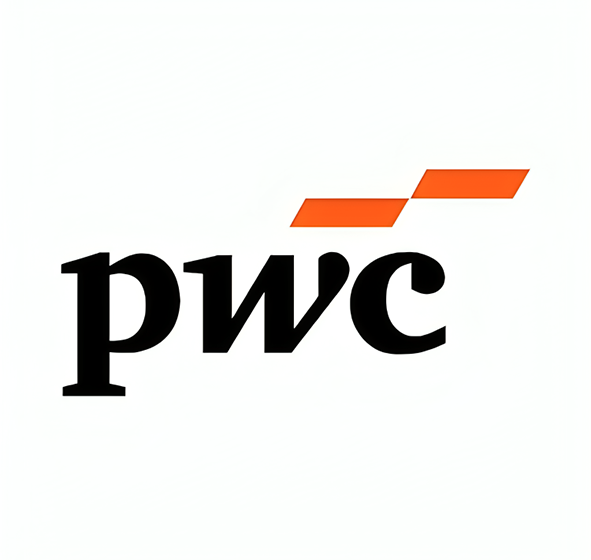AI and digital transformation reshaping Saudi Arabia’s tax landscape at PwC Middle East’s Annual Seminar

- Over 500 senior leaders and tax professionals attended PwC’s seminars across Jeddah, Al Khobar, and Riyadh, reflecting Saudi Arabia’s growing commitment to technology-led transformation.
- AI and emerging technologies are reshaping tax and legal operations, driving greater transparency, efficiency, and data-driven decision-making.
- The series underscored the strategic role of tax, governance, and digital innovation in advancing Saudi Arabia’s Vision 2030 objectives.
Riyadh, Saudi Arabia – 19 November 2025
PwC Middle East concluded its Annual Tax and Legal Seminar Series across Jeddah, Al Khobar, and Riyadh, bringing together more than 500 senior executives and tax professionals to discuss the transformation of Saudi Arabia’s tax and legal landscape in line with Vision 2030.
The three-day series explored how digital innovation, regulatory change, and emerging technologies are redefining tax and legal operations – driving greater transparency, efficiency, and strategic insight across industries.
A key theme across all sessions was the accelerating role of technology and AI in transforming compliance and decision-making. PwC partners Lachlan Roos and Omara Islam led discussions on Connected Tax Compliance (CTC) and how data-driven governance and integrated digital platforms such as PwC’s Sightline which are strengthening control, accuracy, and client outcomes across tax functions.
Interactive sessions and “Walking with our Client” discussions brought transformation to life, explaining how leading organisations are embedding digital tools, predictive analytics, and automation to move from reactive reporting to proactive, insight-led tax operations.
Across the three cities, PwC experts and industry leaders discussed the latest developments in zakat, tax and regulatory reform, including updates on ZATCA audits, transfer pricing, customs, and the ongoing evolution of e-invoicing and dispute resolution frameworks. Dedicated sessions also addressed investment incentives, Regional Headquarters (RHQ) regulations, and governance readiness for multinational and family-owned groups. The conversations reflected how Saudi Arabia’s tax landscape continues to mature, with an increasing emphasis on transparency, digital integration, and business preparedness in line with the Kingdom’s economic transformation agenda.
Mohammed Obaidi, Tax & Legal Services Leader for PwC Middle East in Saudi Arabia said; “Saudi Arabia’s fiscal transformation represents one of the most significant shifts in the region’s economic landscape. Technology and AI are now central to this change, linking effective governance with sustainable growth. These seminars offered a space to share perspectives, address challenges and explore how innovation can support long-term progress.”
Interactive booths during the seminars showcased PwC’s latest AI-enabled legal and compliance tools, including Harvey, the firm’s AI-powered legal assistant, and the launch of their AI Invoice Checker, which automates VAT compliance by reviewing and validating invoice data in real time.
Dr. Yaseen AbuAlkheer, Tax and Legal Partner and Board Member at PwC Middle East said; “What we are witnessing across the Kingdom is a strong alignment between ambition and capability, where technology, governance and talent are working together to deliver meaningful impact. As Saudi Arabia advances its fiscal and digital evolution, collaboration between the public and private sectors will be key to maintaining momentum, trust and long-term value creation.”
By bringing together policymakers, business leaders and industry experts, this year’s seminars created a platform for open dialogue on the future of Saudi Arabia’s tax and legal landscape. The insights shared across three cities demonstrated the Kingdom’s continued progress towards a modern, transparent, and digitally enabled economy in line with Vision 2030.








